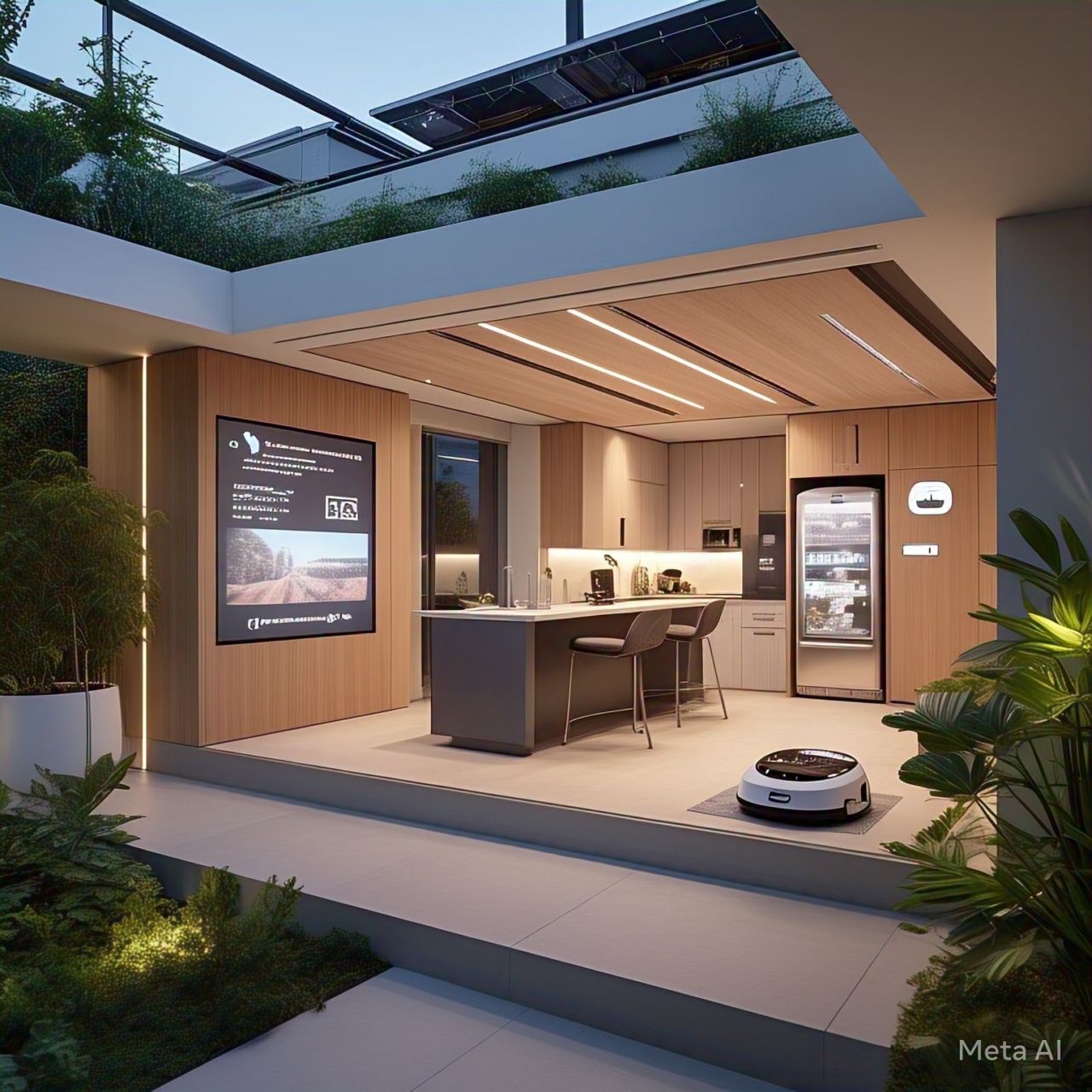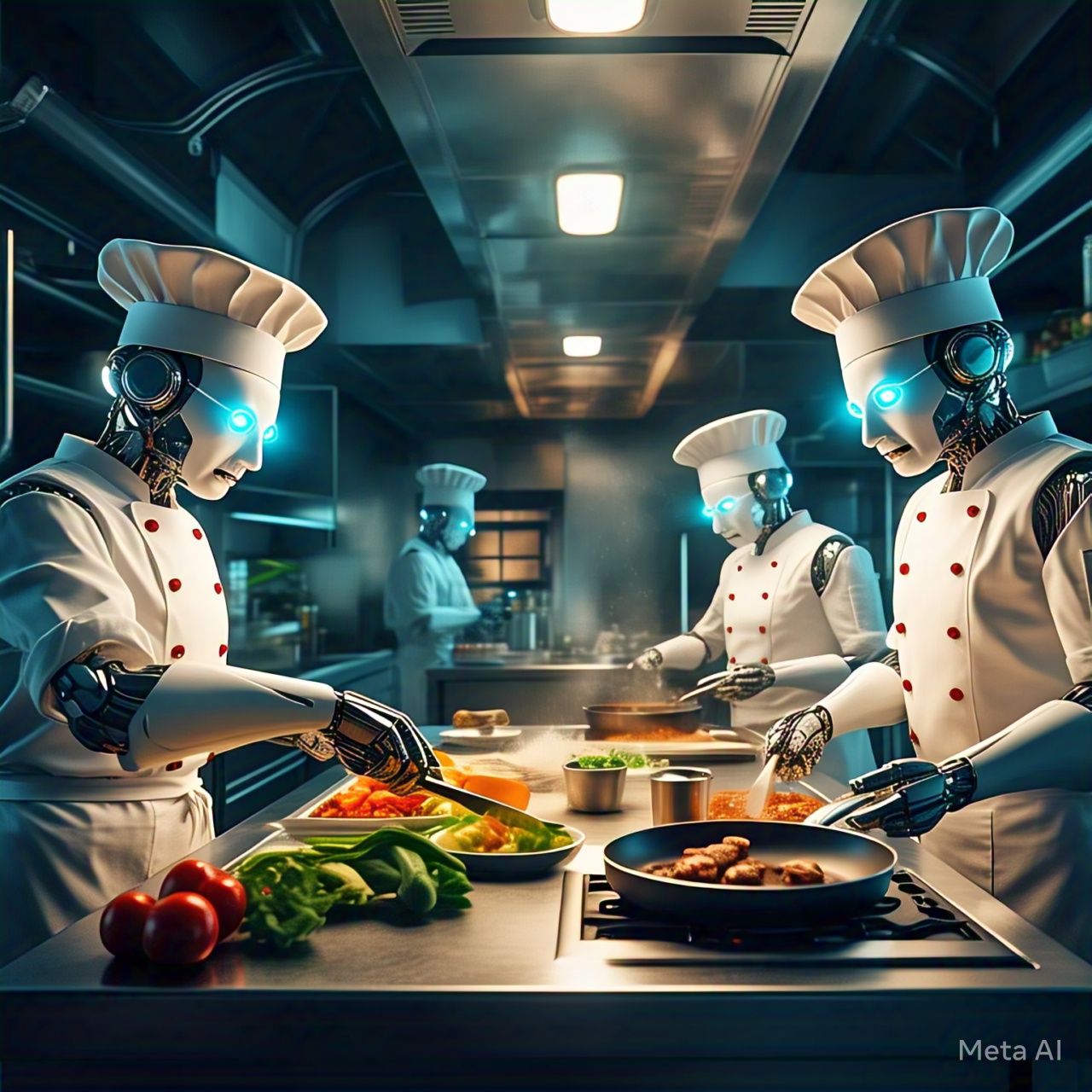Introduction
The concept of smart homes has evolved rapidly, with Artificial Intelligence (AI) playing a central role in transforming traditional living spaces into intelligent, automated environments. AI-powered smart homes enhance convenience, security, energy efficiency, and overall quality of life. From voice-controlled assistants to predictive home automation, AI is shaping the future of residential living. This article explores how AI is revolutionizing smart homes and redefining modern living.
How AI is Transforming Smart Homes
1. AI-Powered Virtual Assistants
Voice-controlled AI assistants like Amazon Alexa, Google Assistant, and Apple Siri have become household staples, enabling users to control home devices, set schedules, and access information effortlessly.
Key Benefits:
- Hands-free operation of smart devices.
- Personalized assistance and automated routines.
- Seamless integration with home automation systems.
2. Smart Energy Management
AI-driven home automation systems analyze energy consumption patterns to optimize heating, cooling, and lighting. Machine learning algorithms adjust settings in real-time to reduce energy waste and lower utility costs.
Key Benefits:
- AI-based energy optimization for cost savings.
- Automated temperature and lighting adjustments.
- Reduced carbon footprint with smarter energy use.
3. Advanced Home Security Systems
AI enhances home security by integrating facial recognition, motion detection, and predictive analytics into surveillance systems. Smart cameras and sensors detect suspicious activities and notify homeowners in real-time.
Key Benefits:
- AI-driven threat detection and alerts.
- Automated access control with facial recognition.
- Enhanced safety through real-time monitoring.
4. Predictive Maintenance and Smart Appliances
AI-powered smart appliances monitor their own performance and predict maintenance needs before breakdowns occur. This ensures seamless operation and extends the lifespan of home devices.
Key Benefits:
- AI-based failure prediction for timely repairs.
- Reduced maintenance costs and downtime.
- Improved efficiency of household appliances.
5. Personalized Home Automation
AI adapts home settings to individual preferences by learning routines and behaviors. Smart homes can automatically adjust lighting, climate, and entertainment settings based on user habits.
Key Benefits:
- Customized home environments for each resident.
- AI-driven learning for improved user experience.
- Automated scheduling for enhanced convenience.
The Future of AI in Smart Homes
As AI technology advances, smart homes will become even more intuitive and interconnected. Future innovations may include AI-powered robotic assistants, deeper IoT integration, and fully autonomous home environments that anticipate needs and enhance daily living experiences.
Conclusion
AI is revolutionizing smart homes by making living spaces more connected, efficient, and secure. From intelligent virtual assistants to energy optimization and advanced security, AI-driven automation is redefining modern home experiences. As technology evolves, AI-powered smart homes will continue to enhance convenience, comfort, and sustainability, shaping the future of residential living.




